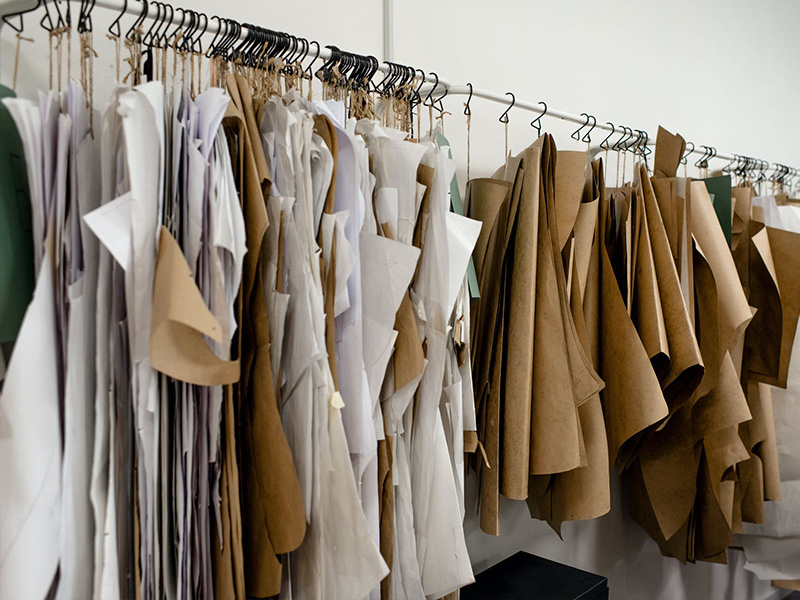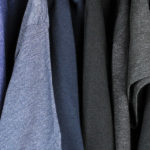A GlobalData apparel analyst tells Just Style UK apparel retailers will need to make smart decisions in the coming months as clothing and footwear is attributed to the UK’s gross domestic product (GDP) falling 0.1% in Q2 following the Bank of England increasing interest rates and announcing a recession later this year.
The UK’s Office for National Statistics (ONS) has revealed the decline in the UK’s gross domestic product (GDP) for the second quarter of 2022 a week after the Bank of England announced the country is projected to enter recession from the fourth quarter of this year and made the decision to increase interest rates by half a percentage point (the largest increase for 27 years).
ONS explains real household expenditure fell by 0.2% between April and June this year, which was driven by falls in clothing and footwear, net tourism, food and non-alcoholic beverages, and restaurants and hotels. It points out this was partially offset by rises in expenditure on transport, housing and health.
In current price terms, however household expenditure rose by 2.6% in the period, reflecting recent inflationary pressures on the value of this spending.
GlobalData’s associate apparel analyst Louise Delglise-Favre tells Just Style exclusively she is not surprised that falling GDP is partly being attributed to clothing and says apparel retailers would’ve been expecting this as well.
However, she adds: “It’s now up to UK apparel retailers to be tight on spending and make smart business decisions as consumer budgets are already tight and will continue to be so for the foreseeable future so it is essential to sell what consumers want and need.”
She adds: “The rise in interest rates that was announced last week is really going to squeeze people’s budgets as if consumers have more to pay for their mortgage it will of course limit the amount of money that can be spent on non-essential items such as clothing and is one of the categories that usually suffers when budgets are squeezed.”
Delglise-Favre highlights the threat of a long-lasting recession is scary because it means consumer budgets will be squeezed for a longer period of time.
She hopes there will be a reduction in inflation by that point but says it is “still up in the air.”
She also worries for the apparel retailers that have not been successful in recent months as they are the ones at most risk of collapse and this could fuel the recession, which will lead to a vicious cycle.
She concludes: “It’s going to be a survival of the fittest in terms of which UK apparel retailers have the most robust strategy and apparel brands and retailers not performing so well will need to fight extra hard to get a piece of consumers’ already reduced spending wallets.”




